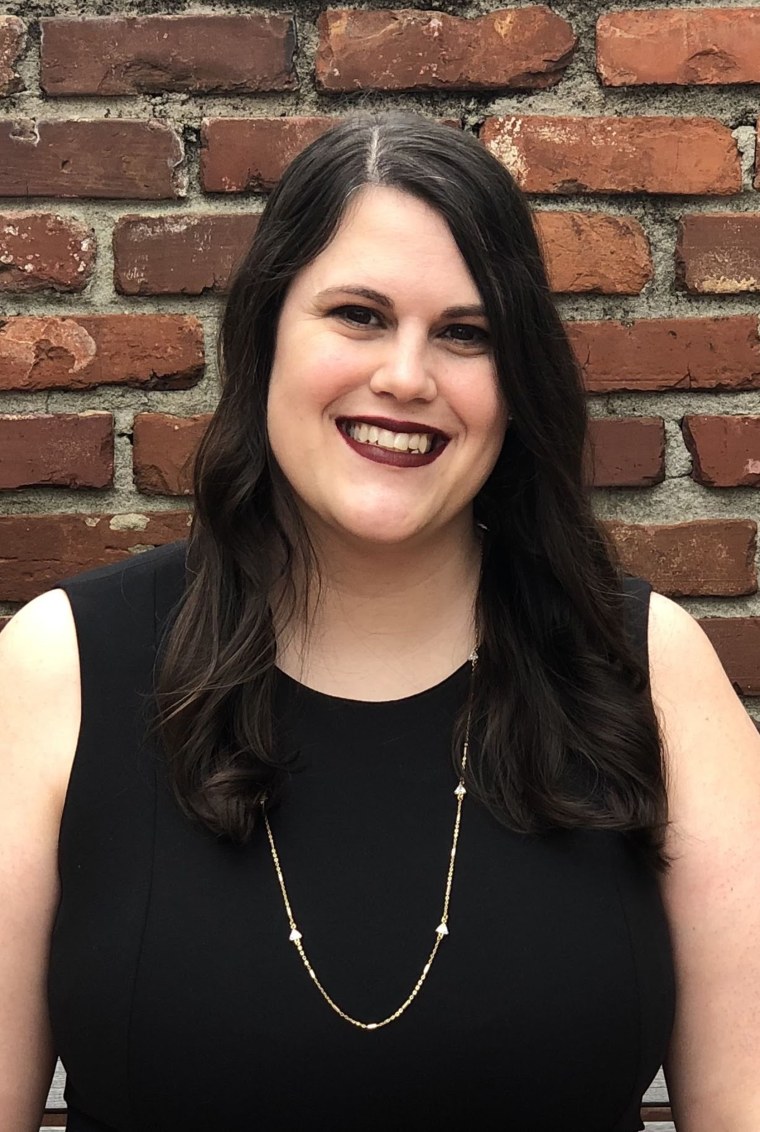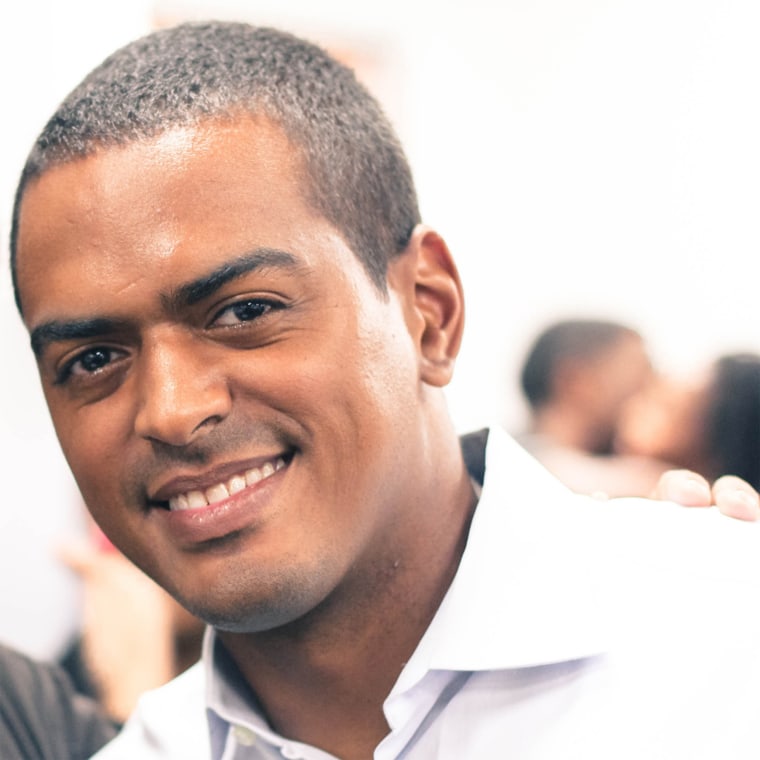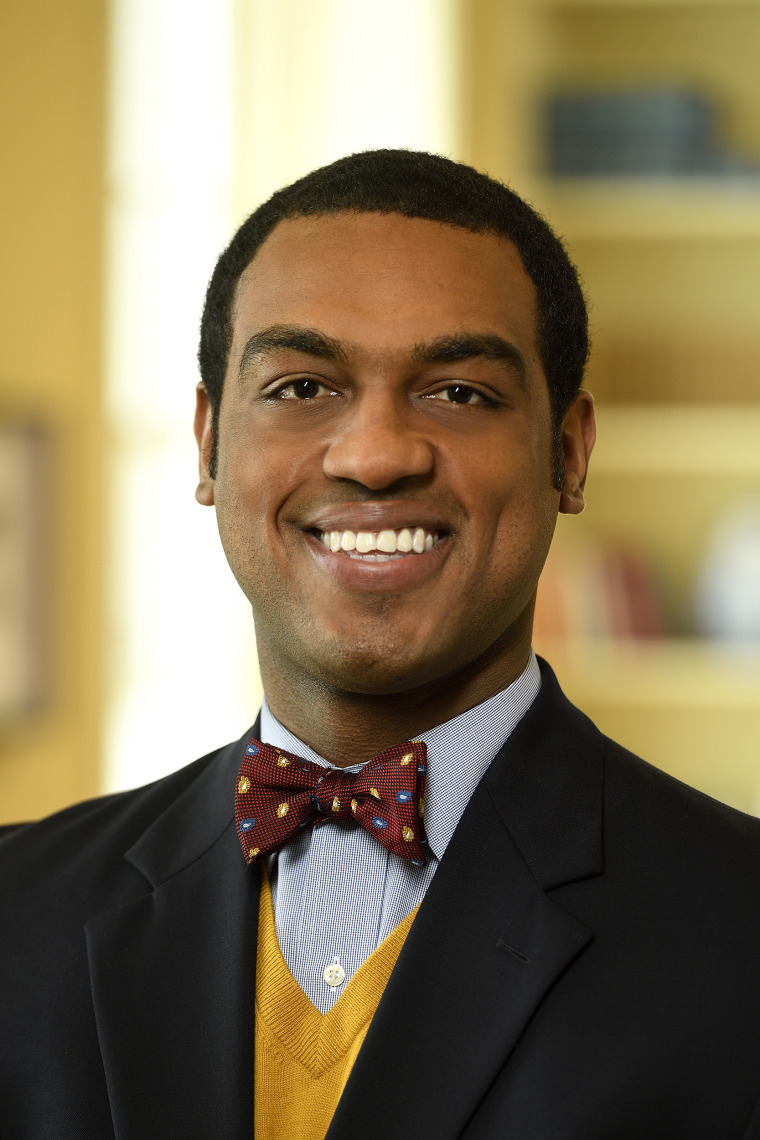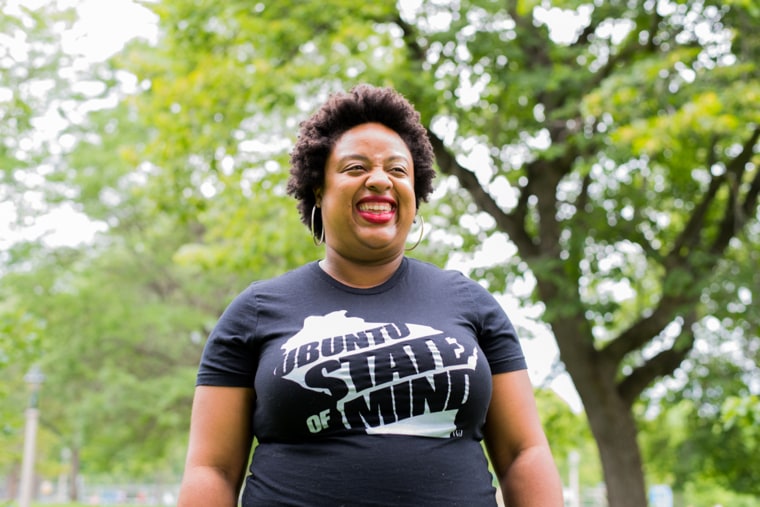Unfulfilled senior traditions. Incomplete college bucket lists. Canceled commencement ceremonies. Along with the rest of the nation, the class of 2021 is navigating a school year of grief and loss due to the effects of the coronavirus pandemic.
And what awaits them after graduation will be even more challenging as the U.S. entered a recession in February 2020 — the worst since the Great Depression — according to the National Bureau of Economic Research. The pandemic has also increased the number of unemployed Americans from 6.2 million in February to 20.5 million in May 2020, according to Pew Research. And the economic pain is hitting some groups worse than others: A Washington Post analysis cited this recession as the “most unequal in modern U.S. history,” overwhelmingly impacting Black women, Black men, mothers and low-wage, minority workers.
Now, after surviving virtual classes, new graduates are entering the job market in a shaky economy — and they’re not the first to do so. After weathering the 2008 financial crisis, graduates of that era spoke with TODAY on how they managed to cope 12 years ago.
'Jobs aren't everything.'

Coming from a long family legacy of alumni from historically Black colleges and universities, Keah Moffett graduated from Virginia's Hampton University in 2009 with a broadcast journalism degree. For the New Orleans native, her collegiate career began with a hurricane and ended in an economic catastrophe.
“The day I went to Virginia and we went to sleep and I woke up, they were evacuating the city because (Hurricane) Katrina was happening," Moffett told TODAY by Zoom. "My mom didn't have a job anymore. We didn't know if we had a house at a time because you couldn't go back in the city. Because of that, I couldn't get books."
Moffett had to take out loans as an undergrad — for tuition, room and board — while also managing work-study jobs and other college responsibilities. Upon graduating, she had to move back home and took on a variety of odd jobs, notably working on a Mississippi River steamboat and more.
She returned to academia in 2012 to get a Master of Fine Arts at the Academy of Art University in San Francisco. Now at the age of 34, she’s pursuing a post-baccalaureate certificate at Tulane University while working as a freelancer, adjunct professor and filmmaker from her mother’s home.
“I wish you didn't have to go into debt to go to school, but I don't regret it. Our experiences, good and bad, make us fully who we are. This sucks right now. It definitely sucks, but the only thing that we have control of is how we take it in and how we view it. What I'm seeing is that people are realizing that jobs aren’t everything.”
'It'll work out.'

For Michele Meyer, who is a first-generation, low-income student, multiple jobs and side hustles have been a means of survival. Meyer attended New York's Ithaca College for her bachelor’s degree in culture and communication and graduated in 2008. On top of school, she had four jobs: babysitting weekly, working as a teaching assistant for an Italian course, serving as a restaurant hostess and being a student assistant in the media relations office of her university.
In the fall of 2008, following graduation, she realized the economic downturn was much worse than anyone could have imagined.
“I felt very lost as I was graduating," Meyer, 35, told TODAY by Zoom. "I wanted to become a flight attendant because I wanted to travel. A friend of a friend worked for Southwest and I had called him. He was like, ‘No airlines are hiring right now, but it'll turn around quick.’”
Upon graduating, she worked as an unpaid television casting intern and as an assistant manager at Hollywood Video, a home video and video game rental shop. Coupled with the cost of commuting from her hometown of Califon, New Jersey, to New York along with looming student debt, Meyer knew she could not sustain this lifestyle.
For the next several years, she lived with other family members and friends intermittently as she tried to find employment, whether it was working at restaurants, an eyeglasses office, an accounting firm and much more.
“Places were hiring again, but they didn't want the 27-year-old who was a few years out of college. They were hiring people who were a little bit younger. They wanted people who wanted to be an administrative assistant so that they could become the boss as opposed to, 'I just want to make your copies so that I can pay the bills,'” Meyer said.
In 2015, Meyer pursued a master’s degree from Syracuse University. Now, six years later, she’s a Ph.D. candidate at the Hussman School of Journalism and Media at UNC-Chapel Hill, graduating in a recession for the second time along with six figures in student debt. According to Forbes, student loan debt in 2020 reached a record $1.6 trillion.
“It took me a very long time to learn that this isn't my fault," said Meyer. "Even though I know that I still don't always believe it. I'm heartbroken if I'm honest, but it'll work out. I'll figure something out. (I’ve learned that) I can make it work no matter what.”
'Opportunities will come back.'

Like Meyer, Justin Moore remembers watching the economy fall apart. Moore graduated from Georgetown University in 2009 with a bachelor’s of science in business administration.
“For my friends that were in the investment banking cycle, it was absolutely brutal. There were people that were scheduled to start on Monday, and they got a call on Friday rescinding their offer. They had already put in down payments on apartments,” Moore said.
The majority of us had lived a very linear life. It just seems that the next progression is just to keep going up ... life doesn't work that way.
Though Moore played football at Georgetown, the team does not offer athletic scholarships. He earned a generous financial package but also sustained a knee injury at the end of his collegiate career. Despite having a job lined up in Washington, D.C., he decided to forgo it and return home to Houston in June to undergo surgery. At graduation, the words of one commencement speaker stuck with him: "We'll be collecting your life plans at the door."
“(It was) basically hinting that at that point, the majority of us had lived a very linear life," Moore told TODAY by phone. "It just seems that the next progression is just to keep going up, and his point was like, life doesn't work that way. A lot of us got a crash course in that very soon thereafter.”
Upon recovering in August, Moore decided that he wanted to attend law school the following year. While studying for the LSAT law school aptitude test, he worked in marketing at his father’s dermatology office and also as a party promoter. Now 34, Moore is a lawyer, entrepreneur and the founder of Holly Hall Supply Co., a skin care company. He cautions new graduates about going back to school and says it’s more profitable to learn a marketable skill.
“The first thing is, I feel for you," Moore said. "Don’t feel like you're being dramatic because experiences have been ripped from you, opportunities have been postponed from you. While it may seem that your trajectory has forever been changed, in some ways, it has. But opportunities will come back, and even within a terrible job market, opportunities do still exist."
'Don't be afraid to change your mind.'

“The sooner you accept the idea that life is not lived in a linear fashion, the better off you'll be,” said Stephen G. Barber, a special projects manager in undergraduate admissions at John Hopkins University in Baltimore.
A 2009 graduate of UNC-Chapel Hill, Barber was an English and sports administration double major who had always planned to go to law school. As Occupy Wall Street protests became rampant and graduation neared, he had to ask himself whether a career in law was right for him.
“If you look at graduate school enrollments, they tend to go up when the economy is bad. As I got closer to the decision point, I recognized that (law school) is not something I'm actually really all that passionate about. It was a combination of my heart not really being in it, from a passion and interest standpoint, as well as not really being prepared to do it," Barber, 34, told TODAY by phone.
Though his parents were displeased with his decision not to pursue law school, they welcomed him home to Hillsborough, North Carolina, with open arms. Rather than incurring more debt in a professional program, he later worked for a minor league baseball team in York, Pennsylvania, and sought other roles. Then, in 2015, he made his transition into education, pursuing a master's in higher education from the University of Pennsylvania and a doctorate from Vanderbilt University's Peabody College.
“Don't be afraid to change your mind. You can't be afraid to say this doesn't work for me and I want to do something different,” Barber said. “Yes, there are oftentimes consequences there, sometimes depending on how far into the process you are. But you do yourself a disservice by trying to force yourself into an area or a profession you don't really love or don't want to do.”
'This isn't your fault.'
Monique Liston had to create the career she wanted for herself and acknowledges the reality that the job she has today didn’t exist years ago. After earning her Ph.D., Liston is now the founder and owner of Ubuntu Research & Evaluation, a consulting firm run by Black women "who use liberation and community frameworks to affect education, policy, and advocacy."

The Milwaukee native graduated from Howard University in 2008. Liston received a full-tuition scholarship but still had to take out loans; she was the first in her family to attend college.
“I wasn't regretting going to college," Liston, 34, told TODAY by phone. "It just made the stakes higher, like you just can't go home, you can't be defeated. You have to figure something out; you have to make something work. The resolve that you learn about yourself in this moment is really what you need to continue to succeed."
Liston applied to graduate school at the University of Delaware because no jobs seemed to be available or attractive. While in school, she worked at places like TGI Fridays, Target and Gap; following graduate school, she lived between Washington, D.C., Delaware and Philadelphia for the next few years. She says she was fired from her job at a charter school in North Philadelphia for speaking out against the mistreatment of Black students.
“Coming home was embarrassing and humbling and sad. I had no other option. It's not just a neutral situation," Liston said. "You're a Black woman trying to navigate all of this, first-generation, on your own and wanting to succeed. The whole Black woman superhero trope comes in and what you do for your family comes in.”
When she moved home in 2011, she had difficulty finding jobs because she was overqualified. An adviser then told her to pursue a Ph.D. As she reflects on her experience, Liston wants young graduates to know these situations are not the totality of their worth but an opportunity for character-building.
“The biggest thing at this moment is to know you're not alone. This isn't your fault. This isn't any judgment on who you are as a human, what you were able to learn, or how you show up in the world...capitalism isn't meant for you to survive. You are worthy. You are brilliant. You have talents and gifts and things to offer the world," Liston said.


